Usually, when you’re a freelancer, you specialize in something: say, environmental issues, or technology, or true crime. That gives you an area of expertise and a brand. I started out with art, but after seven or eight years I felt like moving on, so I just hung out my shingle and did whatever seemed interesting and came my way. Nevertheless, assignments have a way of clustering around topics, in part because of what you pitch, and in part because you get a reputation for doing a certain kind of story, and for a decade or so, one of my topics was what I suppose I would call Going Really Far Away. The magazine sends you a plane ticket, and there’s a story on the other end, and so you go. Usually, you end up someplace you’ve never been, where you don’t speak the language; you’re alone, no one is waiting for you and you don’t know anyone; and your job is to figure out what the hell is going on and write it up and send it in to the publication, and if you can get yourself back home, so much the better. It’s all visas and illegible stamps in your passport, local SIM cards, 11-digit phone numbers and money that no one will change back into dollars, crazy jet lag, close friends you make very quickly, antibiotics and two pairs of spare contact lenses, because if you blow it, you just cost the magazine $5k in expenses, and they’ll never hire you again.
I can’t do it anymore, really. Maybe once every few years. Taking a 36-hour, four connection economy-class flight which arrives at 6 in the morning, and hitting the ground running: it’s a bit too much for me. But I had a lot of fun, and over the course of a decade or so I went to Nepal and Tibet, Cairo, the Congo, Uganda, Senegal, Pakistan, Qatar, Beirut, Moscow and St. Petersburg (two separate trips), Australia, and Cuba, twice, plus a few dozen European cities, which are much easier. If nothing else, they gave me stories to post on Facebook.
So I was in Pakistan, I think I’ve posted about this before. It was a hell of a time getting there. I had to get up at 3am about five days in a row to call over there and arrange for a visa. The flight was Austin-LA-Hong Kong-Bangkok-Karachi-Lahore and it took well over day. (Luckily, the magazine – it was GQ – flew me business class, because it was the only way to do it in time. Let me tell you, if you’ve never tried it, business class on one of those Asian airlines is really, really nice.) Pakistani Airlines was, at the time, the last carrier in the world that let you smoke on the plane, which was great for me.
I was there to write about the India-Pakistan cricket games, a series of five or six that was hopping from one Pakistani city to another, and was as important for geopolitical reasons – détente – as it was for sports fans. Neither had played in the other’s country in 12 years, and in general foreign teams refused to play in Pakistan, after a series of hotel bombs in the early 2000s took out various visiting teams. So it’s hard to overestimate how important it was for sports fans. Cricket is huge over there. Huge. You’d walk around Karachi all day, from the slums to the parks, and there’d be hundreds and hundreds of games going, from fancy folks in cricket whites to little kids using piled up boxes for wickets. Think of it as being like blacktop basketball in the US, times maybe 40. I would stop to watch and they would wave me in for an at bat, at which I didn’t completely disgrace myself, since I can hit a baseball. And they would giggle and laugh and fist bump and I would move on.
Everyone was tremendously excited about the matches with India, but there was also an air of menace, at least for me. This was just a few years after Danny Pearl was murdered, and while I wasn’t reporting on the Taliban, I was a Jew, which I’ve made it a point never to hide – though never to flaunt – no matter where I am. But in a city where there are bin Laden posters all over the place, it can be a bit unnerving.
Pakistan is dry, no alcohol anywhere, not even in the Western hotels. You could order some through room service, but you had to fill a form with your visa number, and a bunch of questions, including your religion and, for reasons which aren’t clear to me, your father’s religion. In return, I got a bottle of whiskey that tasted like turpentine, so that was the end of my trying to wind down at the end of the day with a drink.
In another hotel, in Islamabad, someone called my room. This had nothing to do with booze, I hadn’t ordered any. When I picked up the phone, a man’s voice said, “As-Salaam-Alaikum”, so I said, “Wa-Alaikum-Salaam”. He said, “Are you a Muslim, sir?” and I said, “No”, and he hung up the phone. That was puzzling so I went down to the front desk and asked them if they knew who had called my room. The concierge looked it up and said, “It came from that lobby telephone over there.” So then I was a little freaked out. I don’t know if that was silly of me or not, but I was, and the concierge said, “We can send some security guards to stand outside your room if you like.” He said this as if he was offering me an extra pillow. So I said, “Yes, that would be great.” Later, I took a picture through the peephole in the door of armed guards standing outside my room.
How paranoid to be? I never really worry when I’m travelling. I just try not to be an idiot. But before I’d left the US I’d had an email exchange with a photographer named Bob Nickelsberg, who had been up in the Northern Provinces shooting the Afghan war. I was hoping I could get him to come down for a few days and work with me, but he decided not to. Instead, he gave me a bunch of advice. Dress conservatively: no blue jeans, wear sneakers in case you have to run, but no Nikes, no T-shirts with things written on them, no baseball caps, nothing that even hints at red white and blue. Draw the curtains at night and sleep in the bed farthest from the windows in case there’s a car bomb. Assume any telephone you use is being tapped. Leave your passport in your room, but carry a Xerox copy of the first page. No sunglasses. Don’t take pictures of women, or even look at them for more than a second. If people ask, say you’re Canadian, or if you think you can pull it off, Cypriot: no one knows where Cyprus is. Know your blood type and have it written down somewhere where people can find it if you’re unconscious. Always know where the exit is. – And then he said, It’ll be great. You’ll have a great time.
I had a great time. People were ecstatic. As it happened, we were there during Basant, the kite-flying holiday,
and at dusk there would be hundreds of people up on their roofs, flying kites amid flocks of birds. By day they were replaced by soldiers with machine guns looking down on the streets leading up to the stadiums, security was very intense and there were metal detectors everywhere (though I was carrying a camera, a laptop, and a digital recorder, which never set them off),
but the Islamic emphasis on hospitality is, in my experience, very real. I met a man in the marketplace who insisted I come up to his apartment for tea with his wife and children, so I did, and he was very polite and solicitous, though he kept saying things like, “Of course, bin Laden is a very great man. Of course, it was the Israelis who brought down the World Trade Center. Would you like some more tea, sir? A bit of cake?” Back outside, crowds were streaming in the streets. Everyone I spoke to was delighted, and no one had a bad word to say about the other side.
-- Except…In Lahore, the stadium was named after Muammar Gaddafi.
It sat only 15 miles from the Indian border, there were some Indian fans there, too, mostly very wealthy and ensconced in box seats. I went up there to talk to them and I found a middle-aged man wandering around, looking for a bathroom. He was massively drunk, which is one way I knew he wasn’t Pakistani: the Indian guys had brought coolers full of wine and beer with them. I flagged him down and spoke to him a bit, while he danced from one foot to the other. The games were marvelous, he said. “But cricket is not the main thing. The main thing is religion.” I asked him to repeat that: the crowd was noisy, and he was slurring his words. “Cricket is important, these games are important, but really, the most important thing is religion.” And before I could follow up he was gone.
Well, I thought, there you have it. Everyone else had been as upbeat as can be, but here was one data point, one Hindu diehard, who wasn’t going to let even these great games thaw his antipathy to Islam and its adherents. He was the only one, but I figured I’d mention him in the story, just for context.
The games themselves were rather boring, I have to say. I’m sure they would have been more interesting to a connoisseur, but I knew little more than the basic rules, and as you probably know, a test match can go easily go on for 8 hours, and then resume the next day. There were, I think, five matches on the tour, but I only went to three: Lahore, Rawalpindi, and Karachi, and then I flew another 36 hours home.
Back in my office I started transcribing interview tapes, possibly my least favorite activity (I time, I realized I could farm them out and expense the cost). Eventually, I got to my recording of the drunk Indian guy in Lahore, which I was especially careful with, because I knew I was going to quote him. “The main thing is relejshunn,” he said on the tape. “Really, the most important thing is relaisn.” I listened to it maybe five or six times before I realized he wasn’t talking about religion at all. “The main thing is relation,” he was saying. “Really, the most important thing is relation.” That is, the game was great fun, but only important inasmuch as it improved relations between the two countries.
Well. I felt foolish, but at least I hadn’t allowed it to get into print the wrong way. Suppose I hadn’t taped the interview, and had only gone by my notes? Suppose the wrong person had read it, and decided to start a fight with his neighbor, which escalated to troop movements along the border, sporadic skirmishes, and finally thermonuclear war? The end of the world, and it would have been all my fault, for indulging in pre-conceptions and assumptions.
It didn’t get into print the right way, either. After all that time and money, GQ decided not to run it (though I insisted that the pay me anyway, and they did, albeit reluctantly). I was told they’d decided to de-emphasize sports in the magazine, and that a long feature on a game none of their readers understood was a waste of pages. That’s what they told me, anyway: maybe they just didn’t think it a very good story. In any case, they never invited me to write for them again.

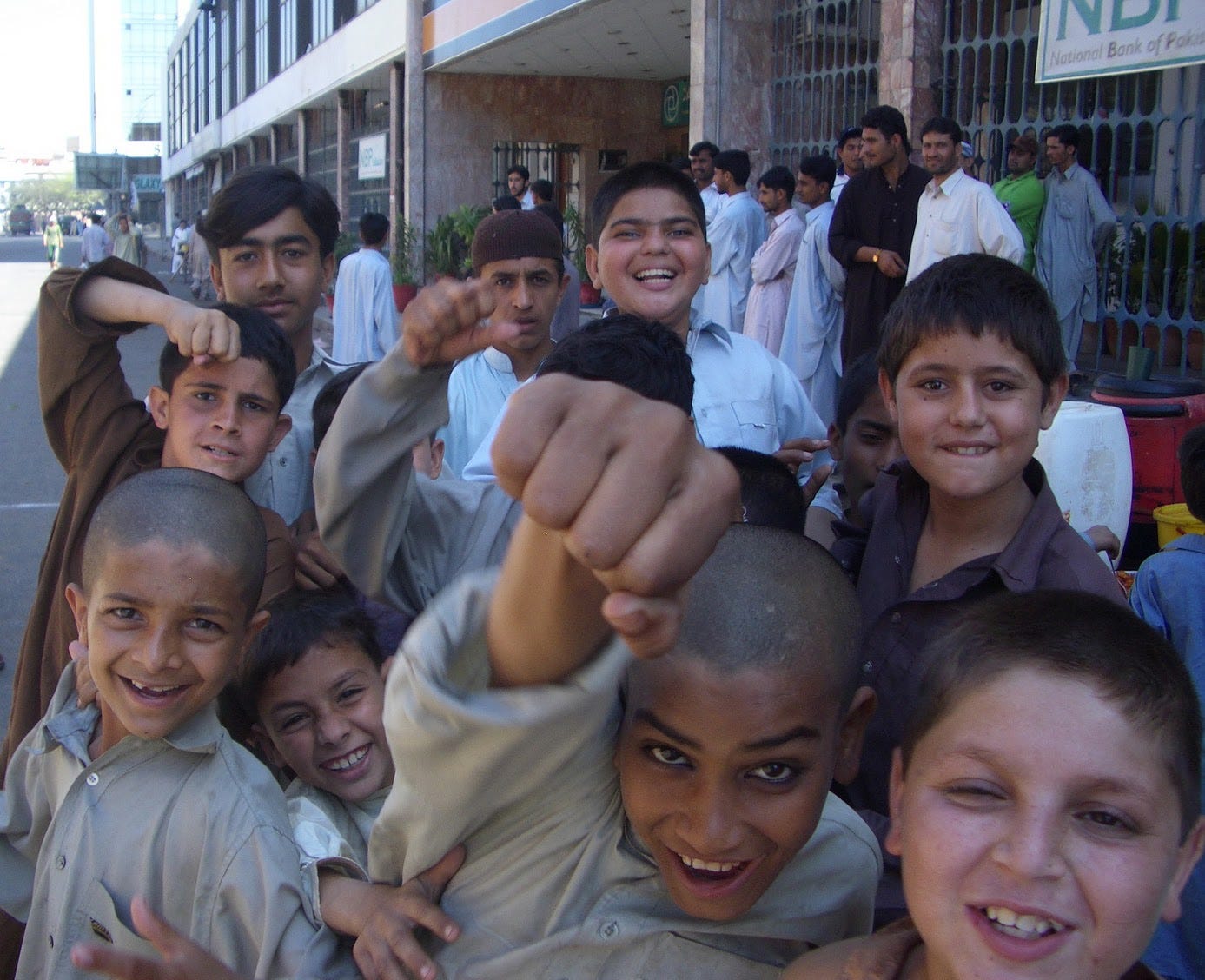
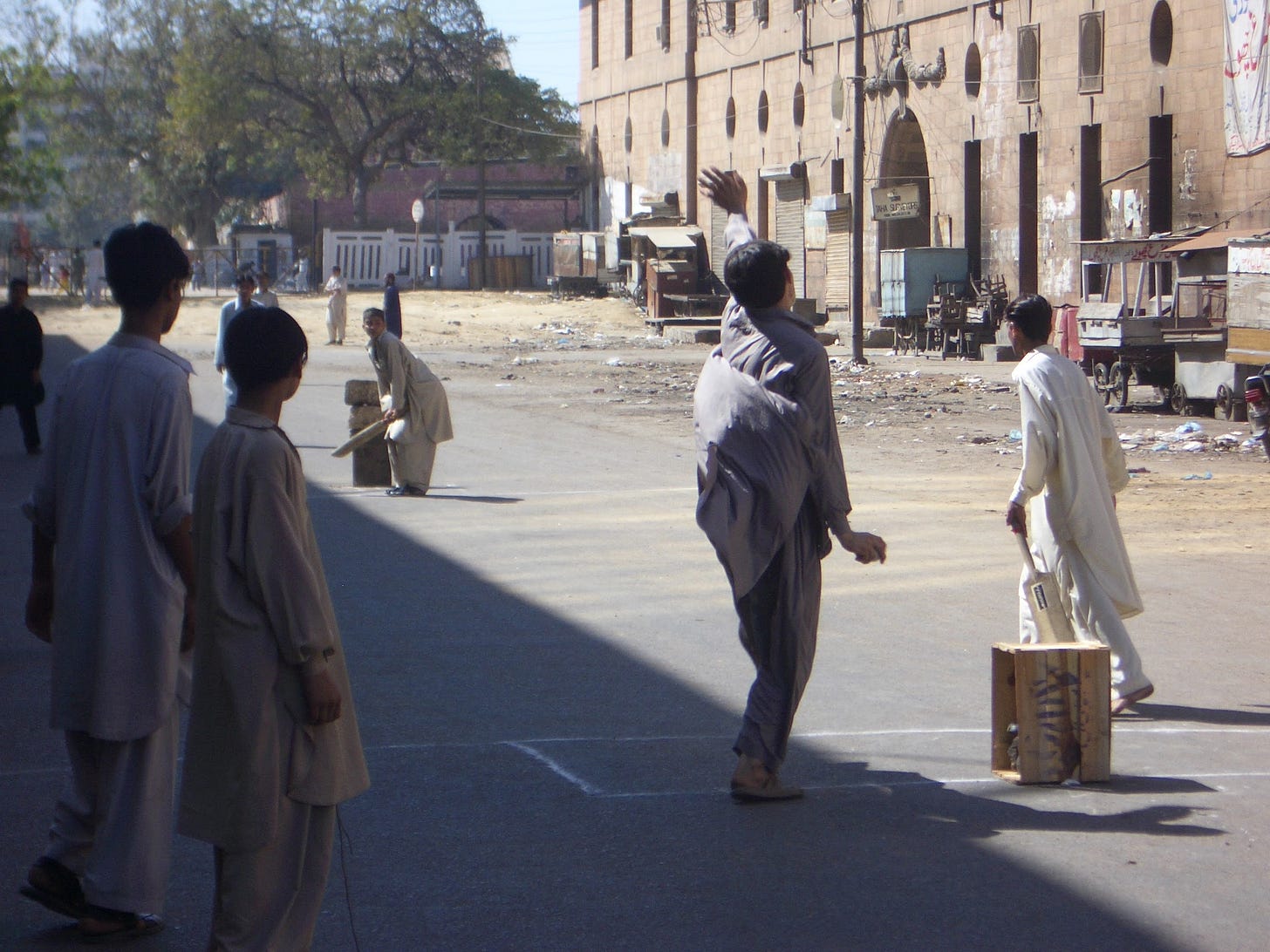
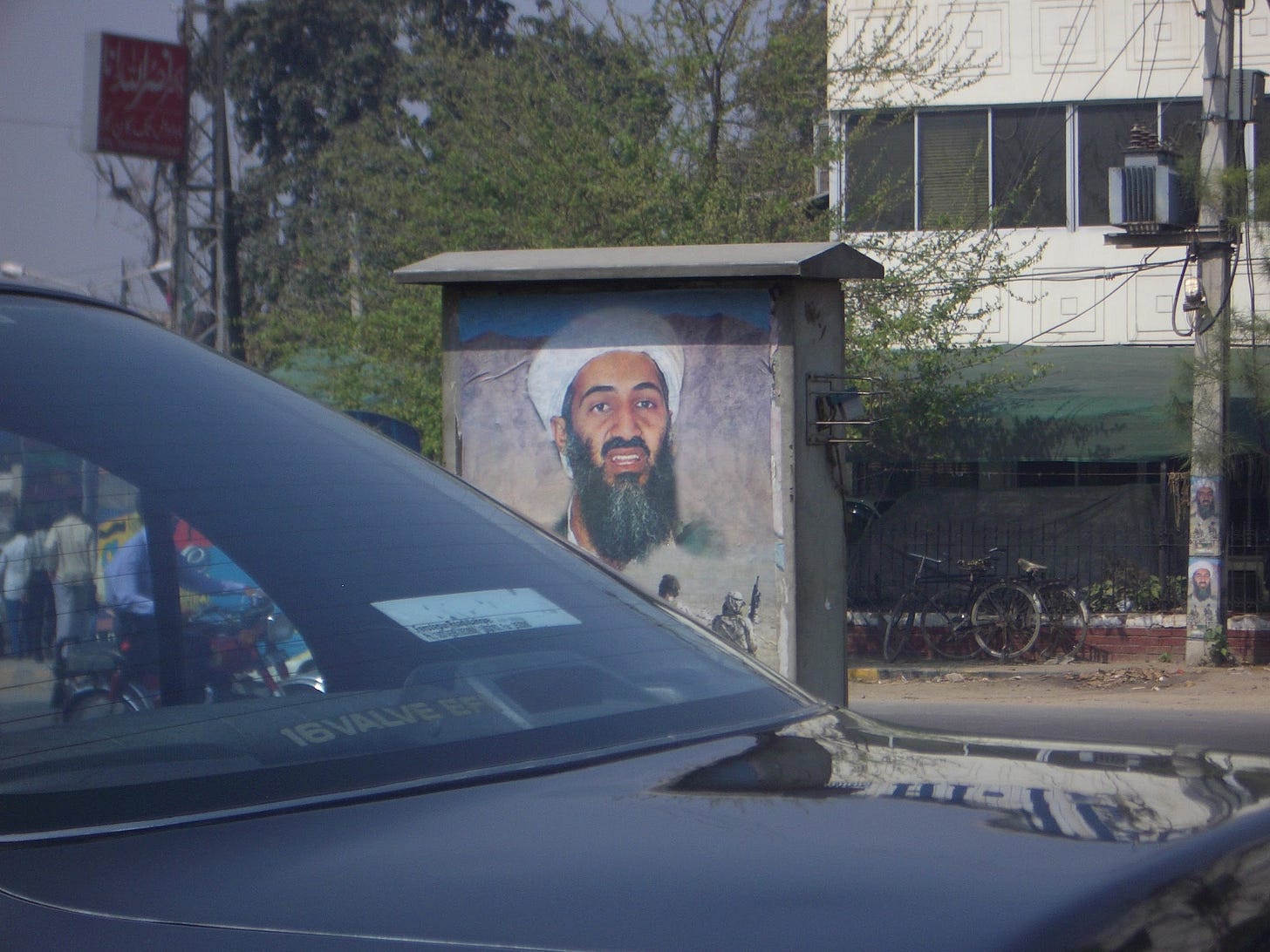
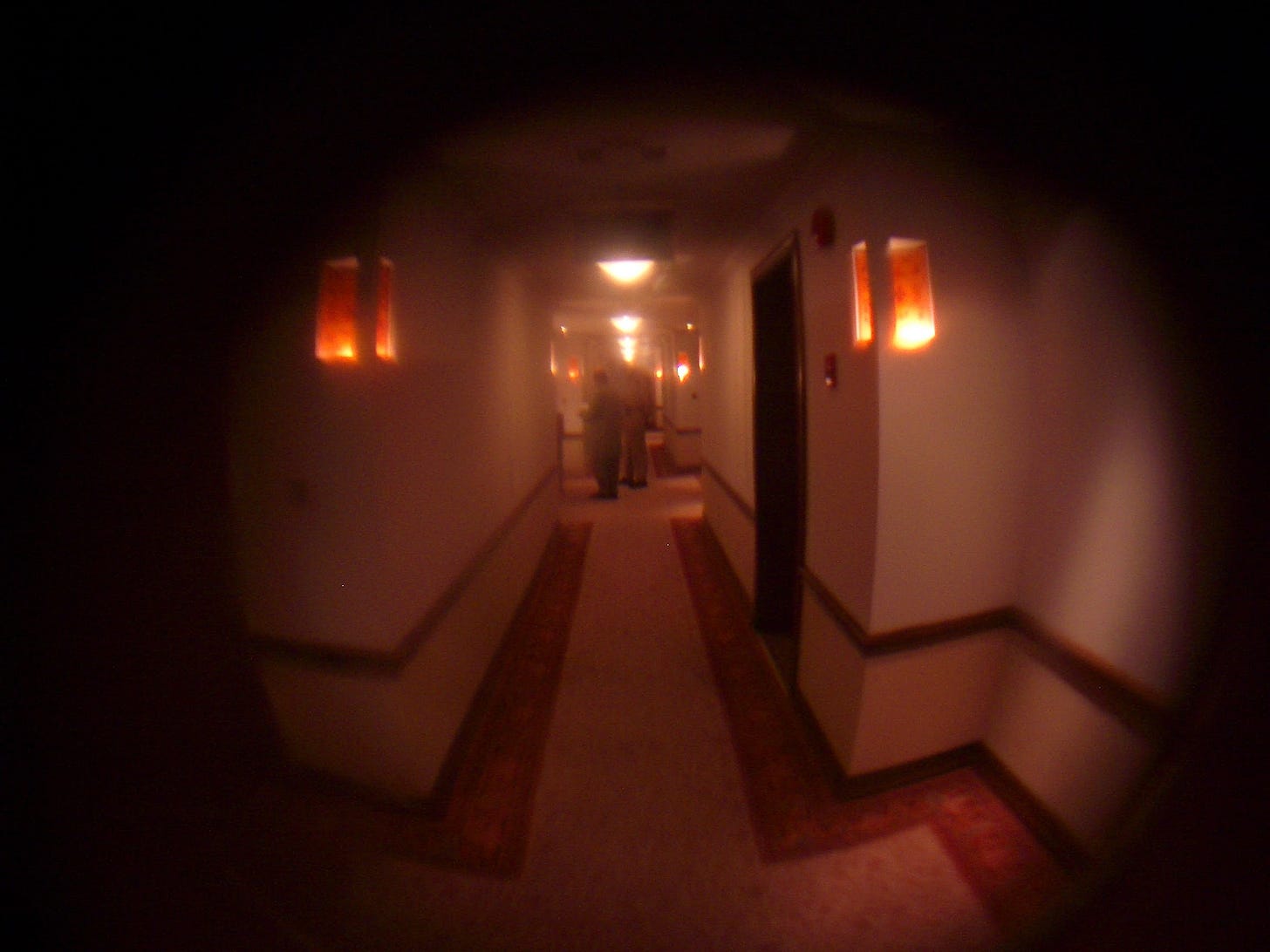
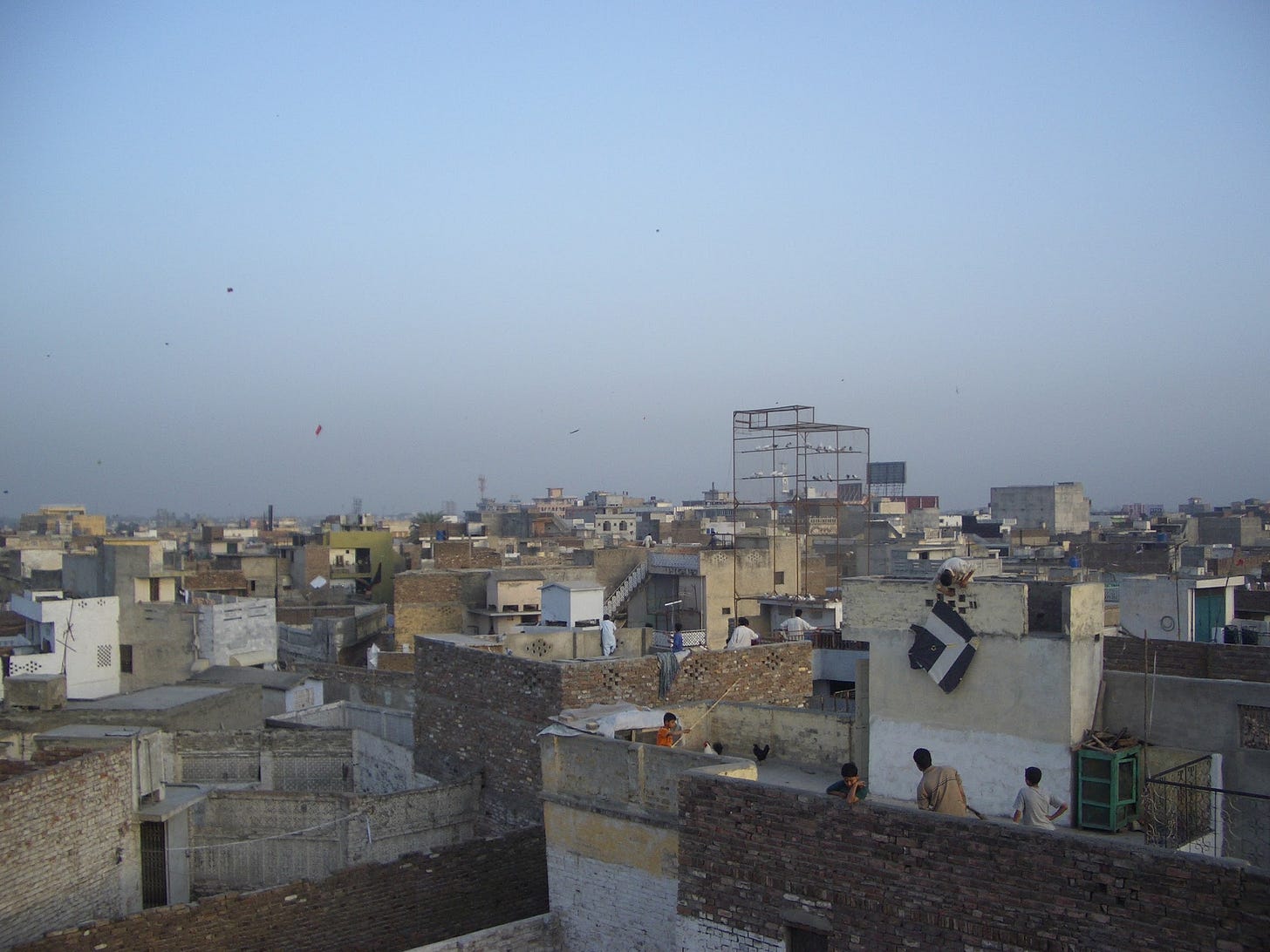
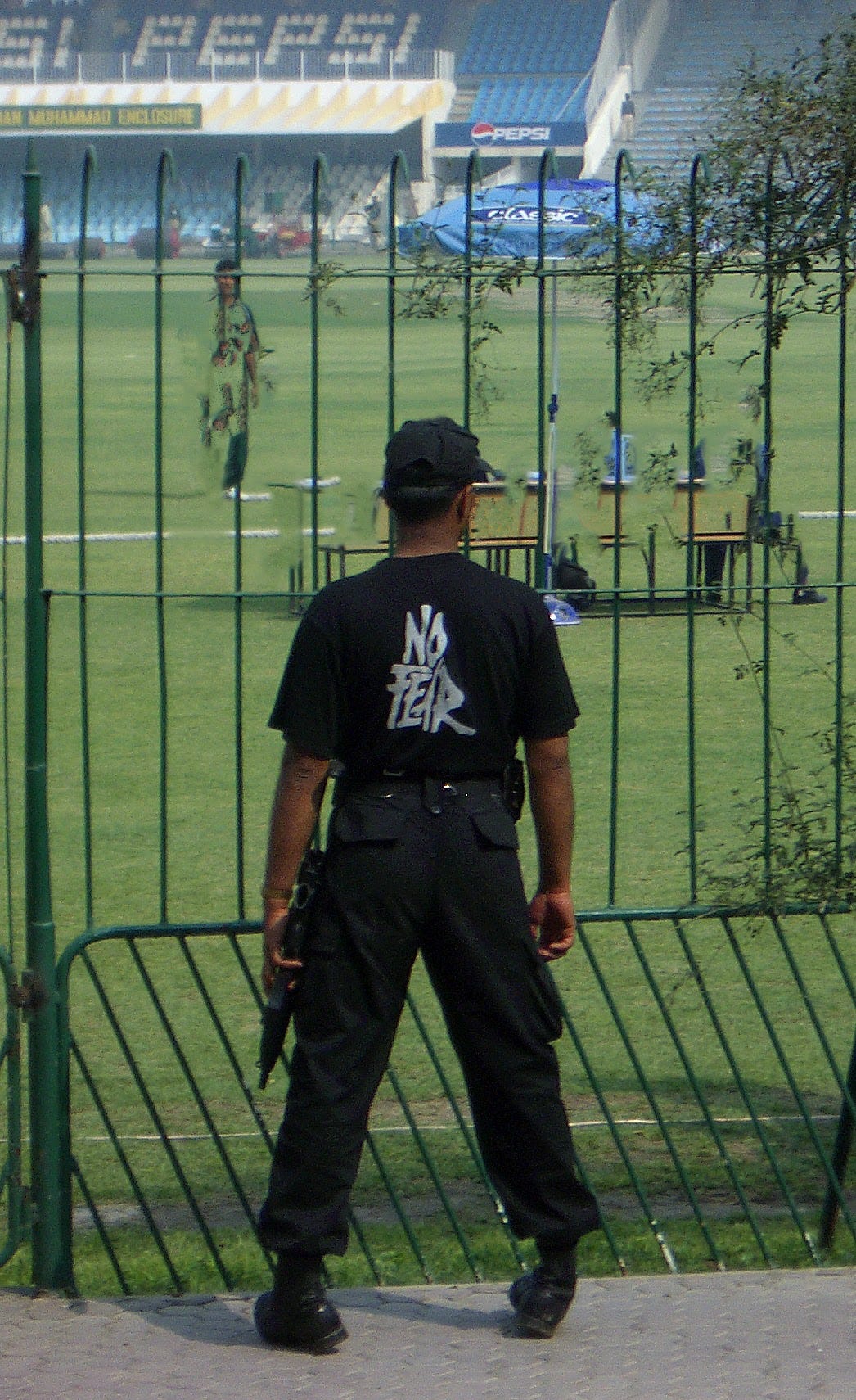

What a great post. The terrors and familiarity of travel and submersion in another world. Would love to read the article. And count me in--subscriber.